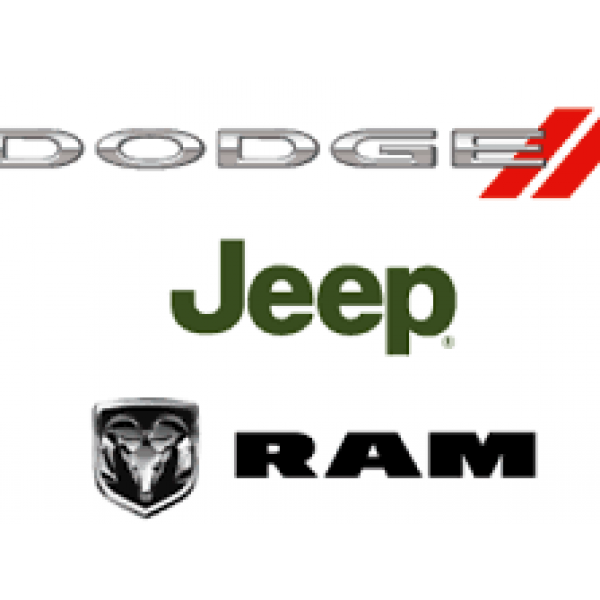page.offers.specialityDescription
Most automotive technician will work in:
Repair shops
Dealerships
Specialty shops (custom shop)
Racing teams and race shops
page.offers.mainTasks
- Air conditioning and heating system diagnostic and repair
- Brake system maintenance and repair (hydraulic)
- Electrical / electronic diagnostic and repair
- Emission system diagnostic and repair
- Engine diagnostic and repair (gas)
- Fuel injection diagnostic and repair (gas)
- Hybrid and electric vehicle diagnostic and repair
- Programming ECM - PCM - ECU
- Suspension and steering repair
page.offers.otherTasks
- Assemble and disassemble an automatic transmission
- Brake system maintenance and repair (air)
- Conversion of Hybrid-Propane vehicles
- Electrostatic disinfection
- Engine diagnostic and repair (2 stroke engine)
- Engine diagnostic and repair (diesel)
- Fuel injection diagnostic and repair (diesel)
- Hydraulic system diagnostic and repair
- Hydrostatic system diagnostic and repair
- Inboard motor system diagnostic and repair
- Inboard/Outboiard diagnostic and repair
- Mandatory mechanical inspection program
- Offer the manufacturer's preventive maintenance programs
- Oil and filter change
- Outboard motor diagnostic and repair
- Personal watercraft (PWC) diagnostic and repair
- Road service repair (mobile unit)
- Snomobile diagnostic and repair
- Trailer hitch installation
- Trailer repair and maintenance
- Transmission diagnostic and repair
- Vehicle Inspection for SAAQ
- Wheel alignment
What is the average salary for an automotive technician ?
Why is there a shortage of qualified mechanics in the automotive industry?
page.offers.specialityRequest
Subaru Lachute
Mechanic / Technician

Apply with your own terms
Lachute, QC
Vaudreuil Dodge Jeep Ram - Fiat
Mechanic / Technician (Apprentice)

up to $32.00 / h
Vaudreuil-Dorion, QC
Vaudreuil Dodge Jeep Ram - Fiat
Transmission Specialist Technician

up to $45.00 / h
Vaudreuil-Dorion, QC
Giroux Mitsubishi
Chief Workshop Technician

up to $42.00 / h
Sainte-Agathe-des-Monts, QC
Excellence mecanique
Mechanic / Technician

Starting at $32.50 / h
Sainte-Marthe-sur-le-Lac, QC
Ville de Mirabel
Mechanic / Technician

up to $43.18 / h
Mirabel, QC
Kia des Laurentides
Mechanic / Technician

up to $42.00 / h
Mirabel, QC
Toyota St-Jerome
Mechanic / Technician

up to $44.53 / h
Mirabel, QC
Tire Center and Complex Auto Mechanics Plus
Mechanic / Technician

up to $35.00 / h
Saint-Jérôme, QC
Rive-Nord Chrysler
Mechanic / Technician (Apprentice)

up to $32.00 / h
Saint-Jérôme, QC
Rive-Nord Chrysler
Mechanic / Technician

up to $41.00 / h
Saint-Jérôme, QC
Elite Ford St-Jérôme
Mechanic / Technician

up to $42.41 / h
Saint-Jérôme, QC
page.offers.specialityDescription
Most automotive technician will work in:
Repair shops
Dealerships
Specialty shops (custom shop)
Racing teams and race shops
page.offers.mainTasks
- Air conditioning and heating system diagnostic and repair
- Brake system maintenance and repair (hydraulic)
- Electrical / electronic diagnostic and repair
- Emission system diagnostic and repair
- Engine diagnostic and repair (gas)
- Fuel injection diagnostic and repair (gas)
- Hybrid and electric vehicle diagnostic and repair
- Programming ECM - PCM - ECU
- Suspension and steering repair
page.offers.otherTasks
- Air conditioning and heating system diagnostic and repair
- Brake system maintenance and repair (hydraulic)
- Electrical / electronic diagnostic and repair
- Emission system diagnostic and repair
- Engine diagnostic and repair (gas)
- Fuel injection diagnostic and repair (gas)
- Hybrid and electric vehicle diagnostic and repair
- Programming ECM - PCM - ECU
- Suspension and steering repair